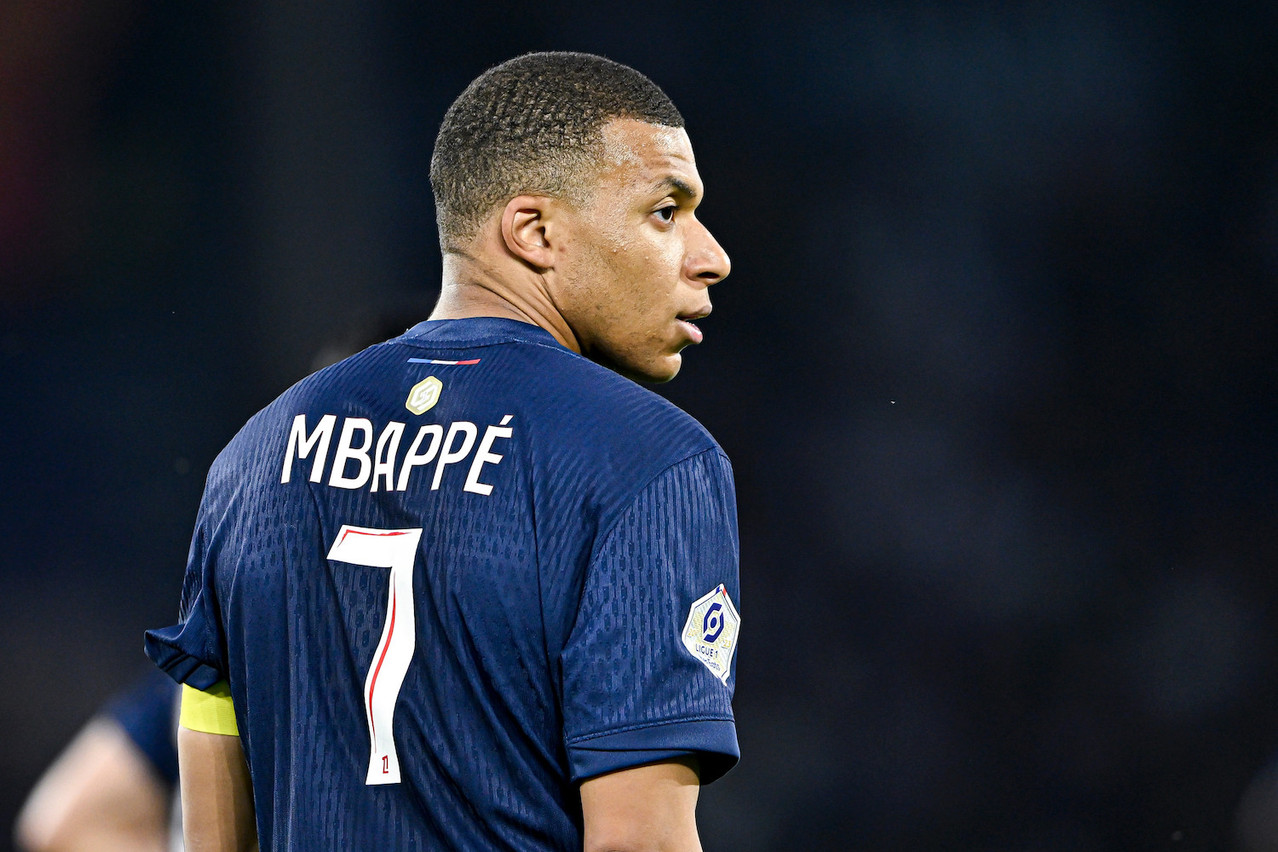The bosses of France’s professional football clubs have apparently botched a streaming rights deal. On Sunday--14 July in France--their directors at the head of Filiale LFP 1 (an investment vehicle created ad hoc in 2022 to manage French football rights) and the Ligue 1 (France’s top league) signed a €500m deal with the streaming outfits DAZN and Bein. DAZN, based in the UK, has agreed to pay an average of €400m per season for eight out of nine matches, including the near-direct rights, which until now have belonged to the internet provider Free. According to RMC Sport, subscriptions will cost between €30 and €35. The ninth and final match of each matchday (the best match and the second choice alternating every other week, excluding the top 10) will be broadcast on Bein Sports, a deal costing €100m a year, according to RMC Sport and L’Équipe.
The problem: only the five-member supervisory committee (three members of the league, the president of the French Football Federation or their representative and the two members of investment firm CVC, Jean-Christophe Germani and his associate Édouard Conques) can approve deals of this nature, whether they be investments, loans or decisions that commit Filiale LFP 1; then the size of the deal is far removed from the business plan that Germani and Conques were invited to talk about on 20 June before the French Senate’s committee of enquiry into the financialisation of French football: €1.11bn.
Valuation expected to reach €3bn before exit
Before this stab in the back, Germani had said he was “enthusiastic about this project”. In 2022, in the midst of the Mediapro fiasco and at a time when clubs needed money to avoid bankruptcy, the French Football League agreed to sell 13% of the capital of a subsidiary dedicated to rights, without any time limit, in exchange for €1.5bn in new money. A billion euros had been paid before the hearing by the two CVC representatives for more than 9% via a company specially created Renaissance Investissement--itself 100% owned by Renaissance Luxembourg--and they were preparing to pay the promised €500m to increase their stake to 13.04%.
To his investors, said Germani, paying lip service, CVC is promising to double its stake in six to seven years. In other words, the 13.04% will be sold for €3bn over time. At CVC, “over time” generally means six to seven years, but since French football is not exactly a hot topic among investment funds, it is not out of the question that the shares will be held for longer than that. It is difficult to say at this stage what will become of this venture.
On Tuesday afternoon, in the wake of this latest fiasco, the chairmen of 16 of the 18 Ligue 1 clubs (the Collège de Ligue 1 represented by Jean-Pierre Caillot and Jean-Pierre Rivère, and Foot Unis, the union of professional football employers, represented by Laurent Nicollin), with the exception of Lens and Lyon, called for an audit of the LFP1 subsidiary, which everyone calls LFP Media, and of the Ligue Professionnelle de Football (Professional Football League), given that “the results are not in line with the investments made”, according to the statement.
Major discrepancy with business plan
Technically, the CVC managing partner reminded the committee of enquiry, when results deviate by more than 25% from the business plan, it is possible to obtain the dismissal of managers. "But we don’t intend to ask. It’s one thing to be able to do it and another to do it”, stated Conques.
The two men had even gone so far as to say that they did not expect the initial results to be glowing. ”That’s the risk we took. If, over a given period, the results don't live up to the ambitions that the clubs have set themselves, that will impact us to the extent of our share, that's all. It's far too early to draw conclusions. We remain very committed, even in difficult times, to supporting the clubs and the League," said Germani.
"Was it right to review our strategy in the light of these difficult times? No", he both asked and answered.
It is hard to believe that this fund manager, well-versed in the subtleties of the sporting world, has had a lasting change of heart despite Sunday's decision, from which he was ousted. Spanish La Liga, WTA (women's tennis), rugby: CVC has 125 companies or projects in its investment portfolio and manages €193bn in investments.
‘Heist of the century’
“For French football, this is the heist of the century. The overwhelming majority of clubs haven't understood how it happened. Everything was done in total secrecy," criticised chairman of HAC, the Havre club, Jean-Michel Roussier, who previously was deputy director of broadcasting and programmes and TV rights at MediaPro. “CVC took advantage of an extraordinary downturn in French football following the ousting of Mediapro", also against the backdrop of the covid crisis, which has plunged clubs into serious financial difficulties.
As for the billion offered by the group at the time, he admitted to Sénat.fr that there had been “a swing to overbidding…. We reached a total that no one expected, that lit everyone up, we exceeded one billion, it was an accident, the championship wasn't worth it at all", he said. "The business plan was complicated in terms of distribution, without a doubt. Over a period of 3-4 years, it was possible to reach the amount envisaged by Mediapro's teams in Spain". HAC's chairman described the "business plan as optimistic but not unrealistic".
Read the original French version of this story
